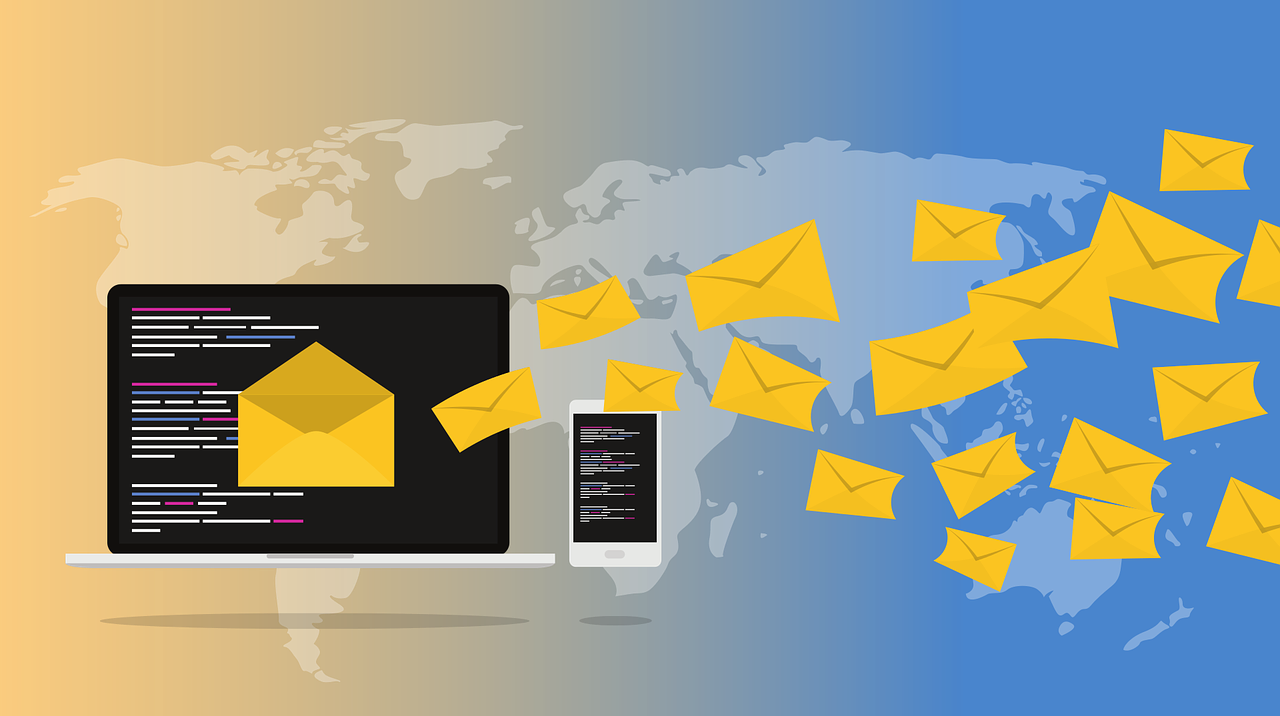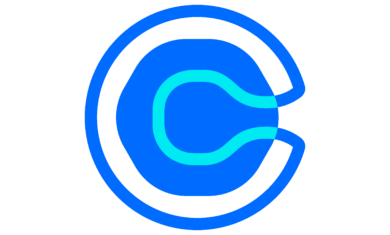We all have things popping up to distract us all day long, many of them coming from our cell phone. This is a quick look at the “inputs” section of the digital efficiency framework, to help you get those under control. If you can keep your inputs manageable, everything else will tend to flow better.
Inputs are all of the ways that digital information gets to you. Some of them you can control precisely, some you can control a little, and some you have no control over. The more you can control the inputs feeding your digital life, the better. As things flow into your world, you can use various processing steps to deal with them.
Ultimately, the more you can control your inputs the easier it is to get them to zero. The key is that all inputs must process to zero. Yes, this includes your inbox. This doesn’t mean your work is done, but just that everything is in their proper places (events on the calendar, tasks on the task list, etc).
As David Allen says, it will help you have a “mind like water” and give you amazing clarity to attack the day. You might have a calendar full of meetings, a bunch of stuff you want to read, and 37 items on your task list, but everything is where it belongs and is waiting for you to tackle it when the time is right.
There are three main types of inputs: Controlled inputs, Variable inputs, and Uncontrolled inputs. Let’s look at each three.
Controlled Inputs
These are items that you have 100% control over, because you literally put everything into them. No one else feeds these inputs, and no algorithm has control of them. This is really two areas:
- Your flashcard / SRS system, which you should get to zero each day.
- Your “consumption list”, which can only hold so much. You may never catch up, but it’s not infinite.
Variable Inputs
This is where most of your stuff will show up, but other people can feed these systems and make them messy. The key here is that they can all be worked to zero. They include:
The best thing you can do for your email is to consider everything in there an action, not a message. Everything needs something from you (even if it’s to just delete the message), so figure out that “something” and move on to the next.
If you leave things hanging around in here, you’re letting other people dictate your priorities.
With every message in your inbox, you can do one of five things:
- Delete. Just get rid of it. If you want to keep it around, then “archive” instead, but get it out of your inbox. Related, you should always be unsubscribing like crazy.
- Delegate. If someone else needs to handle it, then let them handle it. Forward and move on.
- Respond. Some emails need a response, so you’ll need to get back to them.
- Defer. Some emails you can just pause on for a bit to see what needs to happen, but these usually turn into “respond” (for details) or put them on your task list.
- Do. A lot of emails can just be dealt with immediately, so do it and move on. If someone needs their password reset, then go reset their password. I’m a big believer in to-do lists, but if you can avoid the meta work of adding to a list and just knock it out, do it.
You can also look to move some of your future emails to other systems. For example:
- Internal emails are frequently being replaced by tools like Slack inside of organizations.
- Urgent communications can happen via text.
- Project updates should be in your project management software, not in your inbox.
RSS / News Feeds
I’m becoming a bigger fan of RSS as time goes on. If you’re not familiar with the term, RSS is simply a way for you to get updates from many sites in one place. Rather than you visiting 20 sites to see what’s new, those 20 sites all show up in your RSS reader.
This offers a few huge advantages:
- You control the news that comes to you, and you don’t let a never-ending algorithm decide for you.
- You don’t need to worry when sites go dormant. If they don’t post an update, it wastes none of your time.
- You can process to zero. You have a fixed list of sites you get news from, and they have a fixed list of items. You’ll never hit the bottom of Google News, Reddit, or Facebook, but you can (and should) get your RSS reader to zero fairly often.
You should block a little bit of time each day to clean up your RSS feeds. You don’t necessarily need to read the items in-depth, but just process it to zero. If you see a good idea in there, add it to your to-do list. More often, though, you’ll come across a great story that you want to read so you can add it to your consumption list and move on for now.
Quick Notes
These are notes to yourself that you take during every area of your life. It might be in a meeting, in the car, listening to a podcast, or anything else.
As David Allen has said, “only think about cat food once”. Constantly trying to remember something silly like “don’t forget to pick up cat food” is a huge waste of mental energy. Get thoughts out of your head and onto paper, and then process through them when you have time.
As you’re processing your notes, some can be done immediately (like “change the mouse batteries”), and others need to be processed elsewhere using the steps from before.
Uncontrolled Inputs
Uncontrolled inputs include social media sites, news sites, Reddit, things like that. I consider these to be entertainment, not proper inputs. They’re all neverending, and algorithms heavily dictate what you see.
I’m not saying to avoid them, but treat them how they deserve to be treated — as toys. Get your proper news and ideas via RSS so you can get to zero and move on with your day.
That said, I certainly spend some time in these areas most days, but I don’t rely on any of them for information. Enjoy your time there, chat with friends, but treat them as the entertainment venues that they are.
Certainly there are exceptions, such as if you’re a social media manager, but social sites are explicitly designed to suck you in for as long as possible, so use other methods for your inputs when you can.




